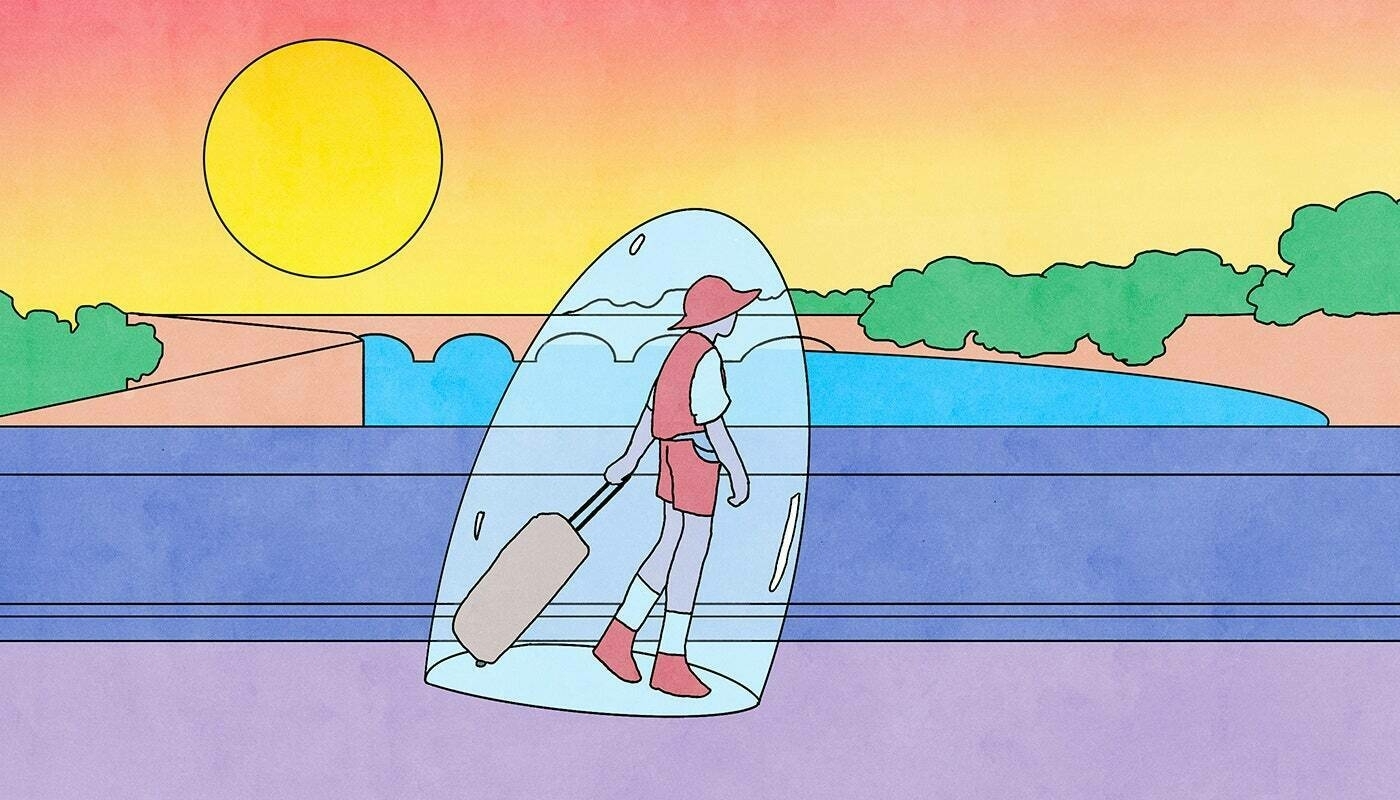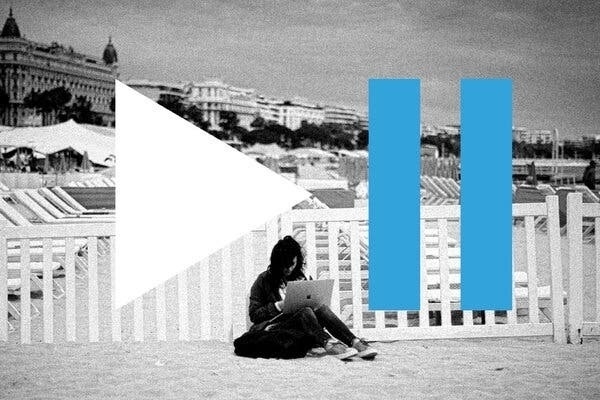A philosophy of travel
There’s a book by philosopher Alain de Botton called The Art of Travel. In it, he cites Seneca as bemoaning the fact that when you travel you take yourself, with all of your anxieties, frustrations, and insecurities with you. In other words, you might escape your home, but you don’t escape yourself.
This article critically examines the concept of travel, questioning its oft-claimed benefits of ‘enlightenment’ and ‘personal growth’. It cites various thinkers who have critiqued travel (including one of my favourites, Fernando Pessoa) suggesting that it can actually distance us from genuine human connection and meaningful experiences.
It’s hard not to agree with the conclusion that the allure of travel may lie in its ability to temporarily distract us from the existential dread of mortality. Perhaps we need more Marcus Aurelius in our life, who extolled one the benefits of philosophy as being able to be find calm no matter where you are.

“A tourist is a temporarily leisured person who voluntarily visits a place away from home for the purpose of experiencing a change.” This definition is taken from the opening of “Hosts and Guests,” the classic academic volume on the anthropology of tourism. The last phrase is crucial: touristic travel exists for the sake of change. But what, exactly, gets changed? Here is a telling observation from the concluding chapter of the same book: “Tourists are less likely to borrow from their hosts than their hosts are from them, thus precipitating a chain of change in the host community.” We go to experience a change, but end up inflicting change on others.Source: The Case Against Travel | The New YorkerFor example, a decade ago, when I was in Abu Dhabi, I went on a guided tour of a falcon hospital. I took a photo with a falcon on my arm. I have no interest in falconry or falcons, and a generalized dislike of encounters with nonhuman animals. But the falcon hospital was one of the answers to the question, “What does one do in Abu Dhabi?” So I went. I suspect that everything about the falcon hospital, from its layout to its mission statement, is and will continue to be shaped by the visits of people like me—we unchanged changers, we tourists. (On the wall of the foyer, I recall seeing a series of “excellence in tourism” awards. Keep in mind that this is an animal hospital.)
Why might it be bad for a place to be shaped by the people who travel there, voluntarily, for the purpose of experiencing a change? The answer is that such people not only do not know what they are doing but are not even trying to learn. Consider me. It would be one thing to have such a deep passion for falconry that one is willing to fly to Abu Dhabi to pursue it, and it would be another thing to approach the visit in an aspirational spirit, with the hope of developing my life in a new direction. I was in neither position. I entered the hospital knowing that my post-Abu Dhabi life would contain exactly as much falconry as my pre-Abu Dhabi life—which is to say, zero falconry. If you are going to see something you neither value nor aspire to value, you are not doing much of anything besides locomoting.
[…]
The single most important fact about tourism is this: we already know what we will be like when we return. A vacation is not like immigrating to a foreign country, or matriculating at a university, or starting a new job, or falling in love. We embark on those pursuits with the trepidation of one who enters a tunnel not knowing who she will be when she walks out. The traveller departs confident that she will come back with the same basic interests, political beliefs, and living arrangements. Travel is a boomerang. It drops you right where you started.
[…]
Travel is fun, so it is not mysterious that we like it. What is mysterious is why we imbue it with a vast significance, an aura of virtue. If a vacation is merely the pursuit of unchanging change, an embrace of nothing, why insist on its meaning?
Taking breaks to be more human
I have to say that I’m a bit sick of the narrative that we need time off / to recharge so we can be better workers. Instead, I’d prefer framing it as Jocelyn K. Glei does as asking yourself the question “who are you without the doing?”
The point isn’t just that it’s nice to goof off every so often — it’s that it’s necessary. And that’s true even if your ultimate goal is doing better work: Downtime allows the brain to make new connections and better decisions. Multiple studies have found that sustained mental attention without breaks is depleting, leading to inferior performance and decision-making.Source: How to Take a Break | The New York TimesIn short, the prefrontal cortex — where goal-oriented and executive-function thinking goes on — can get worn down, potentially resulting in “decision fatigue.” A variety of research finds that even simple remedies like a walk in nature or a nap can replenish the brain and ultimately improve mental performance.
